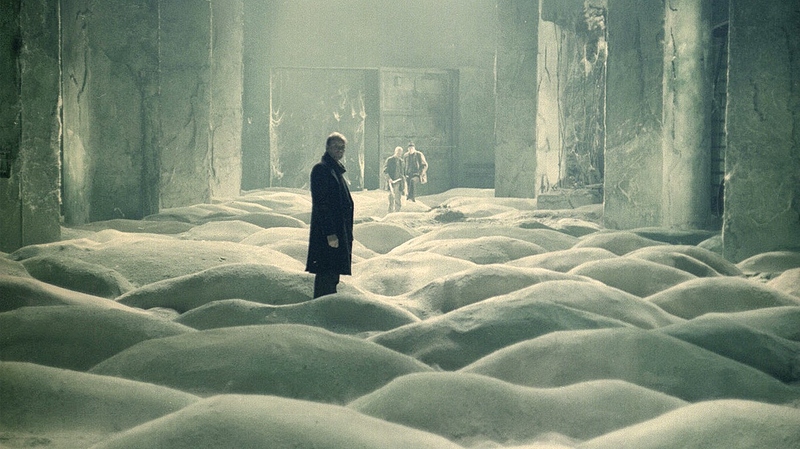In the Los Angeles Review of Books, Aaron Winslow reviews The Human Reimagined: Posthumanism in Russia, edited by Colleen McQuillen and Julia Vaingurt. At a time when the discourse on posthumanism is dominated by Silicon Valley utopians and Euro-American critical theory, The Human Reimagined turns to the rich legacy of posthumanist thought in Russia, which extends from the Cosmists of the nineteenth century to the post-Soviet sci-fi writers of today. As Winslow notes, this is a posthumanism that has engaged deeply (but critically) with technology, and that has informed multiple strains of left-wing radicalism. Here’s an excerpt:
For McQuillen and Vaingurt, radical posthumanism in Russia is rooted in historical practice. Posthumanism, they argue, signifies “the underlying crisis not just of the doctrine of humanism but of the concept of a human being at its center. Questioning the value and validity of human life, posthumanism is radical in its negative thrust.” And the underlying crisis for Russian posthumanism is, of course, the formation and dissolution of the Soviet Union. The history of the Soviet Union has given Russians something that Americans and Western Europeans do not (yet) have: the vantage point from the full sweep of a historical cycle of revolution, imperial decay, and societal collapse. This means that the Russian understanding of posthumanism is necessarily more well rounded and developed. In light of The Human Reimagined , the accelerationist, techno-fetishistic Silicon Valley version of posthumanism appears both naïve and cynical, while the American and Western European critical theory version of posthumanism feels overly performative, idealistic, and out of touch with material reality.
As McQuillen and Vaingurt’s editorial arrangement shows, Russian culture has been dealing with posthumanism for much of the 19th and 20th centuries, often as an essential component of mass and popular culture. The genealogy of anti-humanist thought can be traced back to Dostoyevsky’s starkly anti-individualist vision of collective salvation. But the story of posthumanism in Russia truly starts with Nikolai Fedorov, a teacher, librarian, and friend of Tolstoy. Fedorov’s ideas found a significant audience when The Philosophy of the Common Task (1906) was published posthumously. In this book, Fedorov articulates an aggressively ambitious plan for humanity that includes living forever, resurrecting the dead, and intergalactic space colonization. The ultimate goal of this “common task,” as Fedorov termed his project, was mankind’s self-directed evolution toward total autonomy from nature. While Fedorov himself was a conservative Orthodox Christian, the impulse to free mankind from the shackles of necessity resonates with other radical paradigms of the 19th century, including that of Marx.
Image: Still from Andrei Tarkovsky’s 1979 film Stalker, loosely based on the sci-fi novel Roadside Picnic (1972) by Arkady and Boris Strugatsky.
